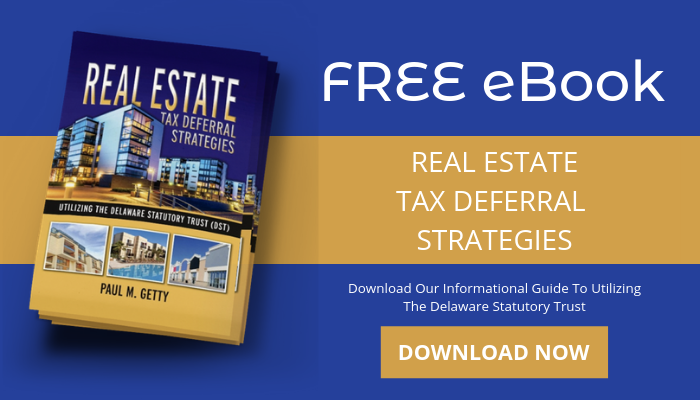For folks who are only occasionally selling investment properties, it is useful to quickly review industry jargon before you begin the exchange process. Below are the 15 most common terms that we frequently are asked to explain to clients. Congratulations if you already know of all these since even real estate professionals can get tongue-tied when asked to define some of these terms.
- Adjusted Basis: Changes to original basis that occur over time due to making property improvements which increase basis and subtracting depreciation which reduces the basis.
- Basis: The original purchase price or cost of your property plus any out-of-pocket expenses, such as brokerage commissions, escrow costs, title insurance premiums, sales tax (if personal property) and other closing costs directly related to the acquisition.
- Boot: Receiving property that is not considered “like-kind” which includes cash or non-cash consideration, debt relief (mortgage boot), or promissory notes. If you receive boot in an exchange, it is likely that all or some portion of the boot will be taxed.
- Capital Gain in a 1031 Exchange: The difference between sales price after deducting expenses and adjusted basis.
- Delayed Exchange: An exchange where the closing of the relinquished property can occur up to 180 days after the closing of the replacement property.
- Depreciation Recapture: The amount of gain resulting from the sale of property that represents the recovery of past depreciation expense that has been previously deducted on the investor’s tax returns. This type of gain is taxed at 25% and must be paid even if no depreciation deductions were taken by the investor but can be deferred via a 1031 exchange.
- Exchanger: This is the taxpayer, investor, or investor entity that is benefiting from completing the 1031 exchange and who holds title to the property being sold.
- Exchange Period: The allowed maximum period of time between when the relinquished property is sold and when the acquisition of the replacement property can be completed. The Exchange Period ends either180 days after the relinquished property closes, or on the due date when the tax return is due for the year the relinquished property was sold, if that is sooner. The taxpayer also has the option to file a tax filing extension for their return in order to have the full 180 days to complete the exchange.
- Identification Period: The 45-day timeframe after the date of the sale of a relinquished property in which the investor must identify replacement properties to their Qualified Intermediary.
- Like-Kind Property: Valid 1031 replacement property types including apartments, residential rentals, raw land, commercial property, industrial buildings, retail stores, mineral and water rights and even billboards and parking lots among others. Replacement property types do not need be of same type as the property being acquired e.g., you can sell a single-family rental and exchange into a commercial building.
- Qualified Intermediary: Also called an Accommodator Facilitator or QI, this is a party that facilitates the documentation for the exchange and holds the funds from the sale of the relinquished property until the client approves transfer of funds to acquire their replacement properties.
- Partial Exchange: A partial 1031 exchange can still be completed in the event the that three basic exchange rules cannot be fully met. These rules are:
- Purchase replacement properties equal to or greater in value
- Reinvest all your net proceeds
- Replace old debt with equal or greater new debt or cash
Inability to fully meet all three rules will result in tax liability for the portion of funds that do not meet these requirements. (See Boot)
- Relinquished Property: The property that is being sold via a 1031 exchange. Also referred to as a Downleg.
- Replacement Property: The property or properties being purchased by the taxpayer in a 1031 exchange. Also referred to as the Upleg.
- Reverse Exchange: A type of 1031 exchange in which a replacement property is purchased prior to the sale of a currently held property. Reverse exchanges differ from Delayed Exchanges, in which the replacement property must be purchased after the sale of the currently held property.
For more information on real estate tax deferral strategies and to obtain a list of current 1031-eligible replacement properties, please contact us at 408 392-8822 or info@FirstGuardianGroup.com. You can also schedule a personal consultation with Paul Getty here.
Please feel free to download our FREE ebook to learn more about real estate tax deferral strategies!
Help Save 1031 Exchanges
*The Tax Cuts and Jobs Act of 2017 allows real estate investors to fully write-off the cost of select new and used equipment, furniture, fixtures, and most land improvements in the year when the investment was made rather than requiring that the improvements be depreciated over time. This can be a powerful tool for lowering taxable income. Please consult your tax advisor to learn how you may benefit.









Your Comments :